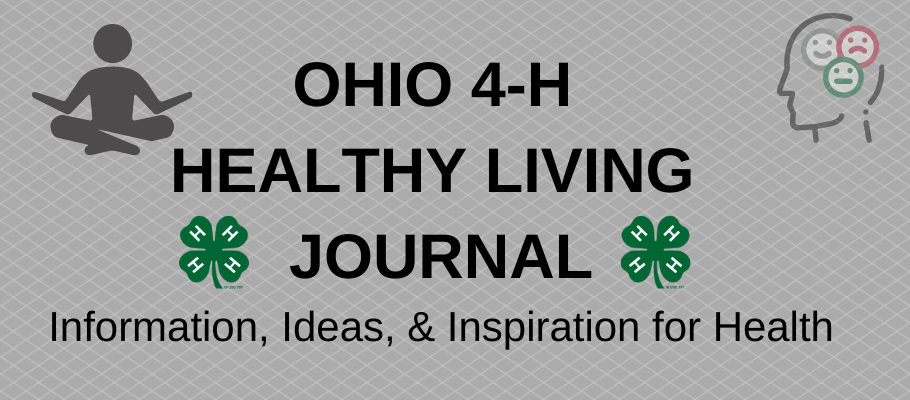It can be difficult to discuss January without using the word new – new year, new start, New Year’s resolution, and sometimes even a new waist size after indulging in one-too-many holiday treats! No matter the ‘new’ you envision, ideas of starting a new habit – practicing mindfulness, calling family more often, or embracing gratitude – run through our minds at year’s open. But what is a habit, really? It can be tempting for us to make habit building complicated. However, researchers remind us that habits can be simple, automatic responses to simple environmental cues. So, let’s give our lofty New Year’s resolutions a break for a moment, and explore what we really need to know about setting sustainable habit goals this year.
I am sure many of us can think of one or two bits of advice about habit formation we’ve heard over the years. Maybe, like me, you have been told that it takes 21 days to make or break a habit. In fact, a study published in the European Journal of Social Psychology concluded that it can take anywhere from 18 to 254 days – 66 days on average – to build a solid habit. Now, before you become completely overwhelmed by the idea of potentially waiting more than 8 months to make that morning walk a routine, the same study suggests that many factors play a role in determining how fast habits are formed and how strong those habits will be.
The good news – success is simplicity and it starts with what you can control. Studies show that having a realistic plan and repeating simple behaviors within the same or similar settings, every day, has a major effect on reducing the time it takes to form and sustain a new habit! Additionally, the Learning Center at The University of North Carolina, Chapel Hill recommends that gathering social support from friends or family, as well as building in a reward for following a new routine, further contributes to success.
Well, what does all this mean? In short, consider starting with a simple, achievable act you can repeat every day in the same space, at roughly the time. If your New Year’s resolution is to form a new habit of starting every day with yoga, try the following:
- Begin your first 1 to 3 weeks by waking up at the same time each day, sitting where you plan to do yoga, and taking a few mindful breaths.
- Ask a family member or a friend to support you by holding you accountable. (Holding you accountable is different from judging you; we talk about judgment in our “Getting Started in Mindfulness” post earlier this week. Taking part in the Healthy Body Healthy Mind SPIN Club is another way to hold yourself accountable).
- When this simpler habit has been built, then add some yoga poses to your morning process.
- Promise yourself the reward of a special treat after each week that you follow your routine.
Follow these steps and you might just build that new habit in as little as 18 days! But don’t be discouraged if it takes longer. If you miss a day, just pick up where you left off.
Your take-away for today: Turn that New Year’s resolution into a simple habit and make a realistic plan for change. Lucky for you, we have just the tool to get you started! Download this Hunt 4-Health card to start your journey toward healthy habits (the embedded links will take you to an activity; they’re also listed on the back of the card).  Grab friends or family and commit to completing the entire card together. Be sure to set up a reward to enjoy when you complete several challenges. The fun of completing the challenges may itself become the reward. Who knows, you might form a new healthy habit!
Grab friends or family and commit to completing the entire card together. Be sure to set up a reward to enjoy when you complete several challenges. The fun of completing the challenges may itself become the reward. Who knows, you might form a new healthy habit!
To take it a step further, follow this link to check out even more healthy offerings on the Ohio 4-H Mental Health Month website. Habit formation is different for everyone, so get creative and make it fun! Your ‘Hunt 4-Health’ starts right now!
Tyler Kessler, 4-H Educator, Adventure Central






